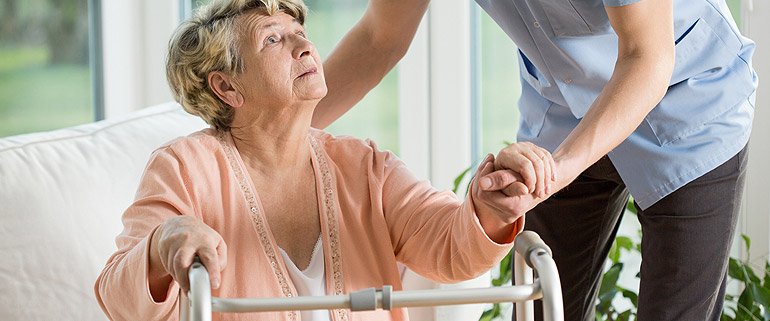After Surgery Care
- home
- After Surgery Care

After Surgery Care
1. Medical Monitoring and Post-Operative Care
24/7 Vital Signs Monitoring – Continuous monitoring of blood pressure, heart rate, and oxygen levels to ensure stable recovery
Wound Care and Dressing – Regular inspection and care of surgical wounds to prevent infection and promote healing
Medication Management – Administering prescribed medications, including pain management and antibiotics
Fluid and Nutrition Management – Ensuring proper hydration and nutrition to support healing
Post-Operative Complications Management – Monitoring for signs of complications like infection, blood clots, or adverse
reactions
2. Pain Management and Comfort
Pain Relief Administration – Providing prescribed pain medication and adjusting based on recovery progress
Non-Medication Pain Relief – Techniques such as cold packs, positioning, and relaxation exercises to enhance comfort
Comfortable Environment – Ensuring a calm, clean, and comfortable space for rest and recovery
Positioning Support – Assisting with proper positioning to reduce pressure and promote circulation
Emotional Support – Offering psychological comfort to ease anxiety or stress during recovery
3. Physical Rehabilitation and Mobility Support
Early Mobilization Assistance – Encouraging gentle movements and assisted walking to prevent complications like blood clots
Physical Therapy – Tailored exercises to regain strength, mobility, and flexibility post-surgery
Range of Motion Exercises – Gentle stretching and movement to prevent stiffness and improve joint mobility
Walking Assistance – Help with walking, using mobility aids, and regaining balance
Occupational Therapy – Supporting the recovery of fine motor skills for activities like dressing, eating, and self-care
4. Personal Care and Hygiene Assistance
Assistance with Bathing and Grooming – Helping with personal care while maintaining privacy and dignity
Toileting and Incontinence Care – Providing support for any toileting needs during recovery
Dressing Assistance – Helping with putting on clothes and managing any post-surgical dressings
Skin Care and Prevention – Preventing pressure ulcers and maintaining overall hygiene
Oral Care – Assisting with brushing teeth and maintaining oral hygiene
5. Nutritional and Hydration Support
Meal Planning and Preparation – Providing nutritious meals that aid in the healing process
Assistance with Eating – Helping with feeding and ensuring proper nutrition for a speedy recovery
Fluid Intake Monitoring – Ensuring adequate hydration to support the healing process and avoid complications
Special Diets – Adapting meal plans for specific needs such as low-sodium, diabetic, or post-surgical diets
6. Emotional and Psychological Support
Post-Surgery Counseling – Addressing anxiety, depression, or stress related to the recovery process
Companionship – Providing emotional support through social interactions, conversation, and reassurance
Motivational Support – Encouraging the patient’s recovery journey with positive reinforcement and motivation
Stress Reduction – Relaxation techniques and activities to alleviate tension and promote a calm recovery environment
7. Family Support and Communication
Regular Progress Updates – Keeping family members informed about the patient's recovery and any changes in condition
Family Education and Training – Teaching family members how to assist with post-surgery care and monitor the recovery process
Visitation Support – Facilitating family visits and providing guidance on how to be most helpful during recovery
Respite for Caregivers – Offering temporary relief for family members who are providing care
Discharge Planning – Helping families prepare for continued care once the patient returns home, including follow-up care and
home adjustments
8. Post-Operative Complications Monitoring
Infection Prevention – Monitoring for signs of infection, administering antibiotics, and ensuring proper hygiene practices
Blood Clot Prevention – Monitoring for signs of DVT (Deep Vein Thrombosis) and encouraging mobility to reduce clot risk
Breathing and Lung Health – Encouraging deep breathing exercises and monitoring respiratory function to prevent pneumonia
Monitoring Surgical Site – Keeping track of the surgical site for any unusual signs like redness, swelling, or discharge
9. Long-Term Recovery and Follow-Up Care
Scheduled Follow-Up Appointments – Ensuring post-surgery check-ups and evaluations to track recovery progress
Rehabilitation Plans – Ongoing physical or occupational therapy sessions to continue improving function and strength
Mental Health Support – Continuing emotional and psychological support to help the patient adapt post-surgery
Lifestyle and Exercise Guidance – Offering advice on activity levels, nutrition, and lifestyle choices for long-term recovery
